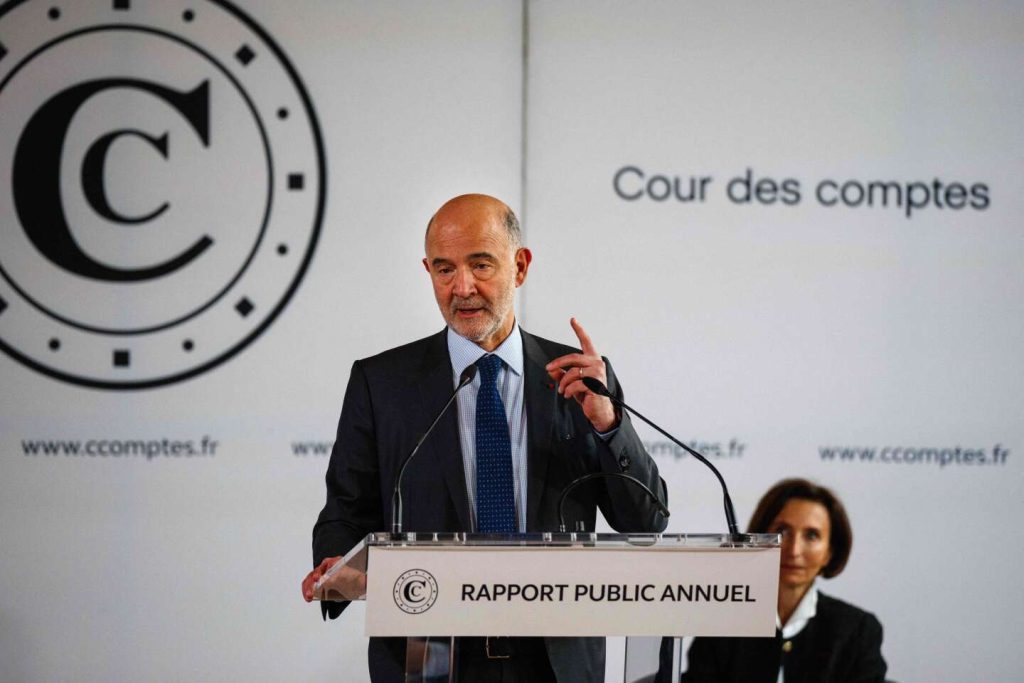The French government has made an error in budget estimation of 18 billion euros, leading to a precarious budget situation. This difference is between the expected public deficit for 2023 and the actual figure. Insee revealed that expenses exceeded revenues by 154 billion euros, with the deficit increasing by 22% in a year, reaching 5.5% of GDP, 0.6% more than anticipated. This “significant and very rare slippage” has raised concerns, with pressure from European partners and financial rating agencies forcing France to address its public finance imbalance.
After initially denying the issue during the 2022 presidential campaign and showing a lack of foresight on the economic slowdown, France can no longer ignore its public finance imbalance. The country is under pressure from its more virtuous European partners and financial rating agencies. The end of the presidential term scenario needs to be rewritten, and candidates for the 2027 election will have to confront and address this problem. Procrastinating on deficit reduction and relying on growth to solve budgetary laxity has only made the path more challenging now.
To meet the goal of a deficit below 3% of GDP by 2027, the Court of Auditors believes that 50 billion euros in savings must be found. This effort is unprecedented and must also accommodate necessary investments in ecological transition, education, health, defense, and managing the debt burden, soon to be the largest budget item. Maintaining the trajectory set just a few months ago is now highly uncertain, with intense discussions required to find effective solutions.
It is crucial to move beyond unproductive debates regarding public spending reductions. Although inaction is no longer an option, drastic cost-cutting measures are equally unrealistic. Acting hastily in a context of economic slowdown risks stunting future growth. The tax debate is also polarized, with the executive branch refusing to increase taxes while others advocate for extensive tax reform. Despite being heavily taxed, there is a narrow margin for fiscal maneuvering, making it challenging to avoid utilizing this lever. Taxing energy companies’ excess profits is a clear option under consideration.
In addition to exploring sources of savings and tax levels, efforts must be made to enhance the quality and efficiency of public spending based on societal expectations. Despite a 314 billion euro increase in public spending since 2017, eight out of ten French citizens feel that public services are deteriorating. Each political party must reflect on this paradox and draw relevant conclusions. It is essential to act judiciously to avoid compromising future revenues and distribute the burden of efforts equitably to ensure public acceptance of any necessary fiscal measures.


